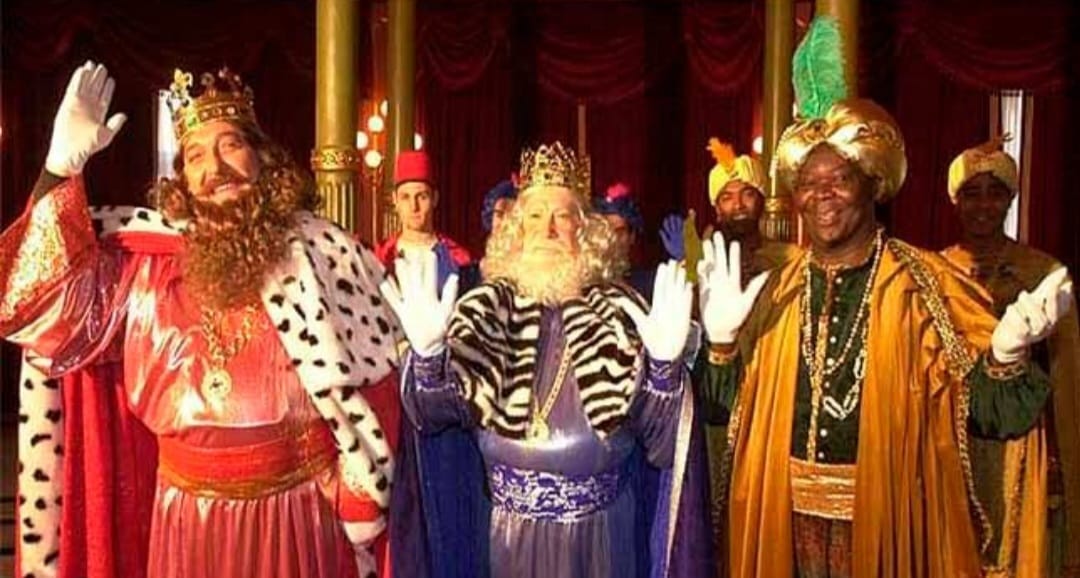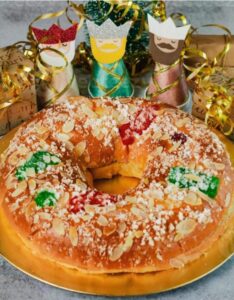
The Feast of the Three Kings is the culmination of Christmas and New Year’s Eve fun in Spain. It is on this day, January 6, that Spanish children receive presents – they are brought by the Magi, known here as the Three Wizard Kings (Reyes Magos). The kings’ names are Caspar, Melchior, and Balthazar.
Their Majesties arrive in the cities of Spain every year on January 5, not alone, but accompanied by a lavish court. Numerous fairies and pageboys accompany the wizards so that no one is left without a gift on this day.
Officially, the Feast of the Three Magi in Spain is celebrated on January 6. It is believed that on this day wise men from the East came to Bethlehem to worship the baby Jesus and bring him a gift of gold, frankincense and myrrh. This is why in modern times gifts are an important part of the Day of the Magi in Spain.
By the 7th century it was believed that there were three Magi, and they represented the three sides of the world and the three stages of human life: youth, maturity and old age. Balthazar was a dark-skinned young man of African descent. Melchior – a middle-aged man with European appearance, and Kaspar – an old man with oriental features, born in Asia. The first Cavalcade of the Kings of the Magi in Barcelona took place in 1855, and it was the first event of its kind in the whole country.
The main celebratory dish on the Feast of the Three Kings in Spain is considered the pie of the Magi (Roscón de Reyes). A dessert that can only be tasted once a year, Roscón de Reyes – Roscón de reyes – Rosca de reyes – “ring of kings” – is one of the varieties of Magi Pie. This Christmas dessert is sold all over the country on the eve of January 6, the Day of the Magi Kings. Roscon is a large loaf baked with flour, yeast, sugar, butter, eggs, grated citrus and almonds. Roscon can be filled with whipped cream, custard or chocolate cream.
It is baked in the shape of a round pretzel, and the top is decorated with candied fruits that look like real gems! Two surprises are placed inside: a figurine of the king and a dry bean. By custom, the one who finds the king is given a crown and becomes the king of the holiday, and good luck awaits him in the New Year. And the one who finds the bean has to pay for the roscón.


